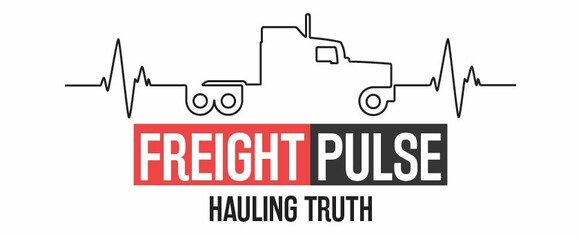The eternal dilemma in the trucking industry is Leasing vs. Owning a truck for Business Success.
A truck as a basic toll of the trucking industry can represent a significant investment, whether for owner operators or the fleets of the large corporation. Consequently, the decision between leasing and buying a trucks not a decision that is made in the moment.
So the purpose of this article is to serve as a guide in your decision.
How to Choose the Best Option for Your Needs
Pros of Buying a Truck
- Ownership – When you buy a truck, you own it outright. After paying off any financing, the truck is yours to keep and use as you see fit, which can be a long-term asset for your business.
- No Mileage Limits – Unlike a lease, which often imposes limits on mileage, there are no restrictions on how much you can drive a purchased truck.
- Customization – As the owner, you have the freedom to modify or upgrade the truck as needed to suit your specific business needs.
- Long-Term Investment – Once the truck is paid off, you can continue to operate it without monthly payments, making it more cost-effective over the long run.
Cons of Buying a Truck
- Higher Upfront Costs – The initial investment for purchasing a semi truck can be significant. Prices for new trucks can range from $120,000 to $200,000 or more, while used trucks may cost between $40,000 and $80,000 depending on age, condition, and brand.
- Depreciation – Trucks depreciate in value over time, so if you plan to sell it later, you may not recoup the full amount you paid.
- Maintenance and Repairs – As the truck ages, you’ll be responsible for maintenance and repairs, which can be costly. On average, maintenance costs can range from $15,000 to $20,000 per year, depending on the truck’s age and usage.
Pros of Leasing a Truck
- Lower Monthly Payments – Leasing generally requires lower monthly payments compared to purchasing. This can free up capital for other aspects of your business.
- Maintenance Coverage – Many lease agreements include maintenance and repair services as part of the deal, saving you from high repair costs, especially with newer trucks.
- Access to Newer Trucks – Leasing allows you to drive newer models with updated technology and better fuel efficiency. This is an attractive option for businesses looking to stay competitive and reduce downtime.
- Flexibility – At the end of a lease term, you have the option to buy the truck, return it, or lease a different one. This offers more flexibility than owning a truck long-term.
Cons of Leasing a Truck
Mileage Limits – Most lease agreements impose restrictions on the number of miles you can drive the truck each year. Exceeding these limits could result in hefty penalties.
No Equity – When you lease, you are essentially renting the truck. You do not build equity, which can make leasing a less attractive long-term option.
Long-Term Costs – While leasing may offer lower monthly payments, over several terms, the total cost of leasing can surpass the cost of purchasing a truck, especially if you consistently lease new vehicles.
Maintenance Considerations
Whether you buy or lease a semi truck, maintenance is a crucial part of keeping the vehicle in good working condition. Regular upkeep will reduce downtime and extend the life of the truck.
Buying. As an owner, you’re responsible for all maintenance and repairs, which can range from basic tire changes and oil changes to larger repairs like engine overhauls. Routine maintenance typically costs around $15,000 to $20,000 per year, but the cost can rise if major repairs are needed.
Leasing. Many leasing agreements include routine maintenance as part of the contract, so you’re not responsible for the cost of regular repairs. However, major repairs may not be covered under the lease and could incur extra charges. Typically, leasing companies will ensure the truck is well-maintained to avoid breakdowns, keeping their asset in good working condition.
Both options have their advantages, so take time to evaluate your needs, financial situation, and long-term business goals before making a decision.

